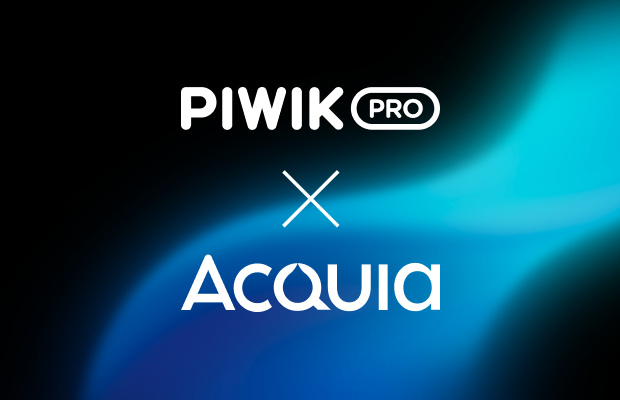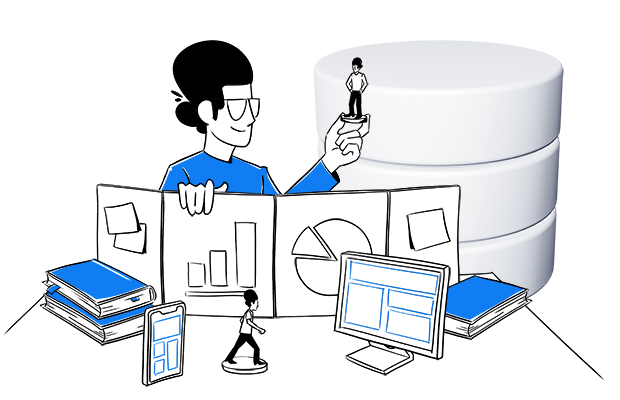Marketing analytics platforms allow companies to track, measure, and analyze their marketing performance. These tools offer a wide range of functions, including insight into website traffic, email marketing effectiveness, social media engagement, customer behavior analysis, and trends forecasting.
Marketing analytics platforms help teams aggregate data across multiple marketing tools into one view to understand how their marketing initiatives are performing. Marketers are able to systematically analyze the data and identify patterns in user behavior to plan marketing optimizations and guide strategic decisions.
By utilizing proper marketing analytics software, marketing specialists can use their time and resources more effectively, achieve better results, and gain deeper insight into every campaign’s impact.
Marketing analytics platforms can offer the following features:
- Data integration capabilities to connect data from various marketing sources.
- Real-time reporting and customizable dashboards for flexible, up-to-date reporting and analysis.
- Advanced analytics features, such as predictive analytics, machine learning capabilities, and AI-driven algorithms to gain deeper insights.
- Customization and scalability to satisfy businesses’ unique needs and growth potential.
- An intuitive interface to increase usability across the organization.
- Data security and compliance features to adhere to the latest standards and comply with privacy laws.
Examples of marketing analytics platforms include Piwik PRO Analytics Suite, Google Analytics 4 (GA4), Mixpanel, Heap and Amplitude.









